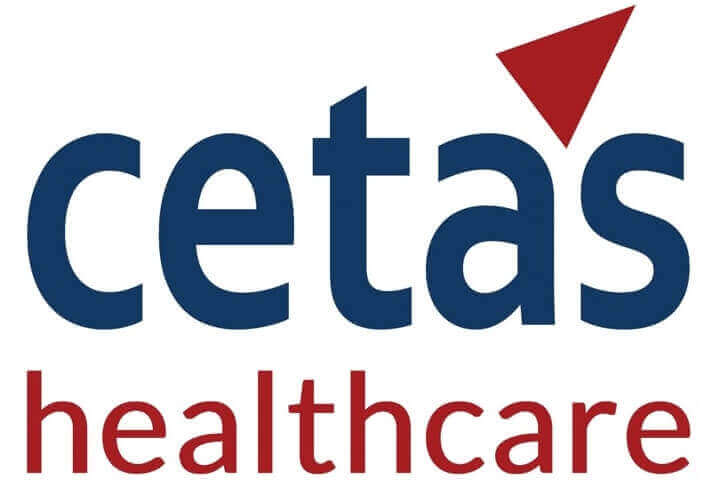X
In recent years, Artificial Intelligence (AI) has emerged as a game-changer in the field of diagnostics, offering unprecedented advancements in accuracy, efficiency, and accessibility. AI algorithms can swiftly analyze large datasets to detect patterns and anomalies, thereby improving diagnostic precision. In this blog, we highlight the profound capabilities of AI in transforming the diagnostics field.
One of the most significant applications of AI in diagnostics is its integration with imaging technologies. AI-powered tools are assisting in the interpretation of medical images, such as X-rays, CT scans, and MRIs. This allows for advanced imaging analytics, such as quantifying tumor sizes, assessing disease progression, and predicting patient outcomes.
AI’s ability to process vast amounts of data quickly and accurately is reshaping diagnostics. Traditional methods often rely on the expertise of healthcare professionals to interpret medical data, which can be time-consuming and prone to human error. AI algorithms, however, can analyze complex datasets with high precision, identifying patterns and anomalies that might be missed by human eyes. This leads to earlier and more accurate disease detection, which is crucial for effective treatment and improved patient outcomes.
AI is revolutionizing real-time analysis and decision support through sophisticated clinical applications. These AI-driven apps can continuously monitor patient data, analyze vital signs, and provide dynamic, personalized treatment plans based on individual clinical histories. This real-time capability is crucial in emergency and critical care settings, where immediate, data-driven insights can make the difference between life and death. For instance, in the case of stroke or heart attack patients, AI can swiftly identify critical changes and suggest timely interventions, significantly improving outcomes.
AI-driven predictive analysis is transforming resource allocation in healthcare by forecasting patient needs and optimizing the use of medical resources. Through the analysis of historical patient data, current trends, and various health metrics, AI can predict patient admissions, peak times for emergencies, and potential outbreaks of diseases. This foresight enables healthcare facilities to allocate staff, equipment, and supplies more efficiently, ensuring that resources are available where and when they are needed most.
For instance, during flu season, predictive models can help hospitals prepare for an influx of patients by adjusting staffing levels and managing inventory of critical supplies. By improving resource allocation, AI enhances operational efficiency and improves patient care by reducing wait times and ensuring that healthcare professionals are better prepared to meet patient needs.
With the increasing patient volume and a shortage of skilled healthcare staff, AI offers significant benefits in workload management and patient triage. AI systems can efficiently prioritize cases based on urgency, allowing healthcare providers to allocate resources more effectively. By automating routine tasks and providing real-time decision support, AI helps alleviate the burden on healthcare professionals, enabling them to focus on more complex cases and improving overall patient care. This enhances the workflow within healthcare facilities and ensures that patients receive timely and appropriate care, ultimately improving outcomes.
As AI continues to evolve, its impact on diagnostics will only grow, promising a future where high-quality healthcare is accessible to all. Read more about Maximizing Digital Innovation in our blog. Cetas Healthcare is one of the largest MedTech market research firm globally, helping companies leverage AI to drive innovation. Connect with us to learn more about how we can help your organization.

We provide the best insights for your business
